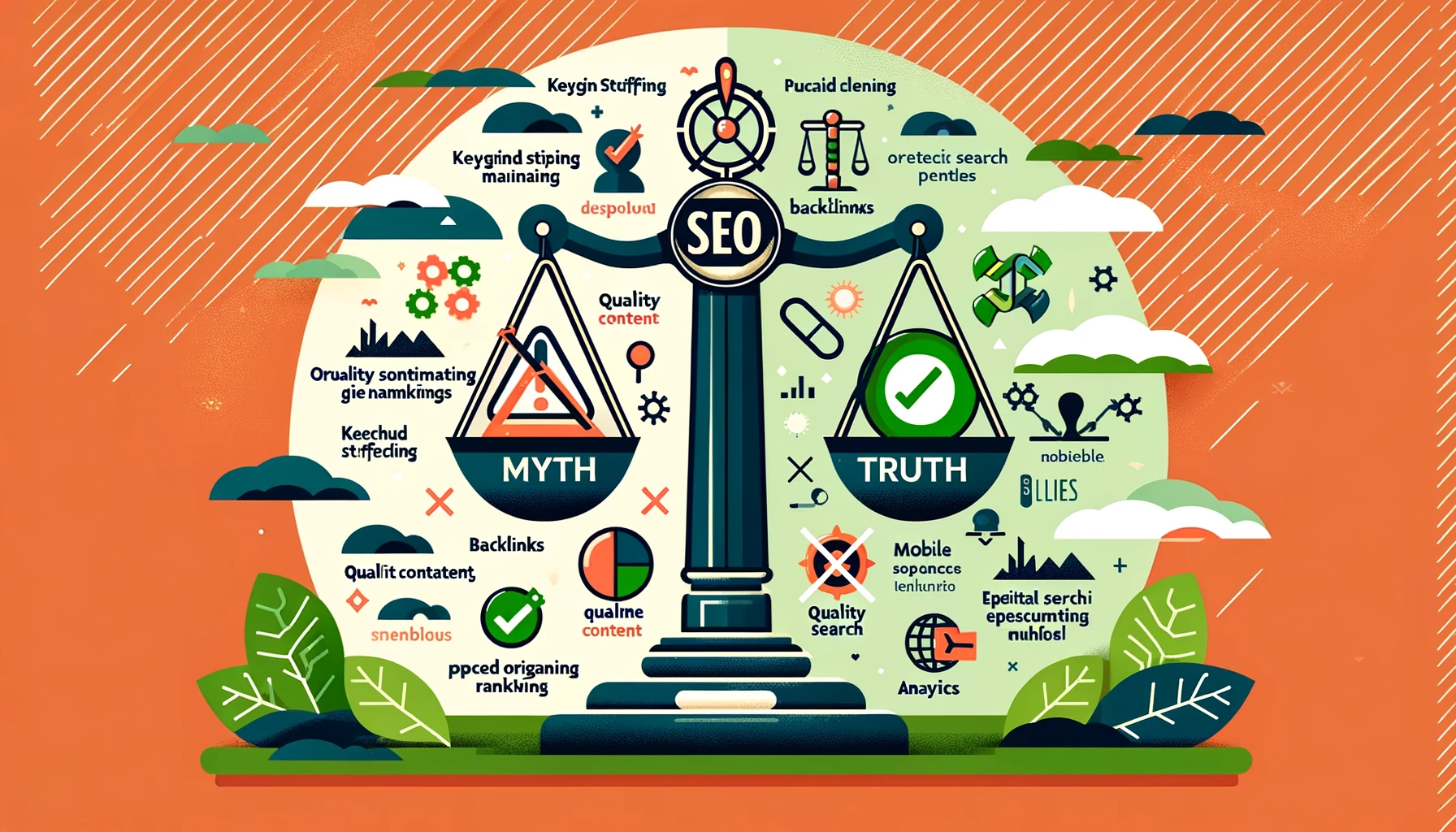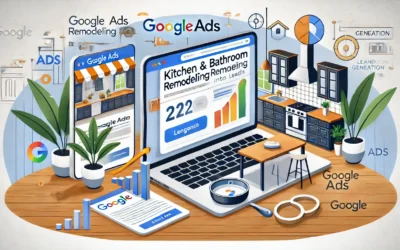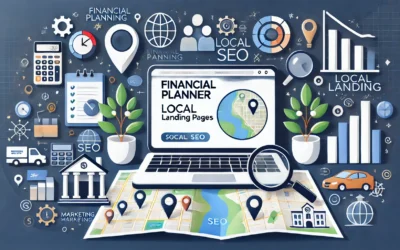Search Engine Optimization (SEO) is a crucial aspect of digital marketing that helps businesses improve their online visibility and attract more organic traffic. However, with so much information available, it’s easy to get overwhelmed and confused by the myths and misconceptions surrounding SEO. This article aims to demystify SEO by separating the truth from the lies.
The Truth About SEO
1. SEO Takes Time
Truth: SEO is not an overnight success strategy. It requires time, patience, and consistent effort to see results. Search engines take time to crawl and index your site, and it can take months before you start to see significant improvements in your rankings.
2. Quality Content is King
Truth: Creating high-quality, relevant content is one of the most important aspects of SEO. Search engines prioritize websites that provide valuable information to users. Regularly publishing well-researched and engaging content can help improve your rankings and attract more visitors.
3. Keywords Still Matter
Truth: Keywords remain a fundamental part of SEO. Proper keyword research and usage can help search engines understand the context of your content and match it with relevant user queries. However, keyword stuffing (overusing keywords) can harm your rankings, so it’s essential to use them naturally.
4. Mobile Optimization is Crucial
Truth: With the increasing use of mobile devices, having a mobile-optimized website is essential. Search engines like Google prioritize mobile-friendly sites in their rankings. Ensuring your site is responsive and offers a seamless experience across all devices can improve your SEO performance.
5. Backlinks Boost Authority
Truth: Backlinks from reputable websites signal to search engines that your site is credible and authoritative. Quality backlinks can significantly improve your rankings. Focus on building relationships with other websites and earning backlinks through high-quality content and outreach.
The Lies About SEO
1. SEO is a One-Time Task
Lie: SEO is not a set-it-and-forget-it task. It requires ongoing effort and adjustments to keep up with changes in search engine algorithms, competitor actions, and evolving user behavior. Continuous optimization is key to maintaining and improving your rankings.
2. More Keywords = Better Rankings
Lie: Overloading your content with keywords, known as keyword stuffing, can actually hurt your SEO efforts. Search engines are smart enough to recognize and penalize this tactic. Focus on creating valuable content that naturally incorporates relevant keywords.
3. Paid Search Improves Organic Rankings
Lie: While paid search (PPC) can drive traffic to your site, it does not directly impact your organic rankings. SEO and PPC are separate strategies. However, they can complement each other to create a comprehensive digital marketing strategy.
4. Meta Tags Alone Will Improve Rankings
Lie: While meta tags (title tags, meta descriptions) are important for SEO, they alone won’t improve your rankings. Meta tags should be part of a broader SEO strategy that includes high-quality content, backlinks, and technical optimization.
5. SEO Guarantees Top Rankings
Lie: No one can guarantee top rankings on search engines. SEO involves many factors, and search engine algorithms are constantly changing. Be wary of any SEO service that promises guaranteed top rankings.
Effective SEO Practices
1. Conduct Comprehensive Keyword Research
Identify the keywords and phrases your target audience is using to search for products or services similar to yours. Use tools like Google Keyword Planner, SEMrush, or Ahrefs to find relevant keywords with high search volumes and low competition.
2. Optimize On-Page Elements
Ensure that your website’s on-page elements, such as title tags, meta descriptions, headers, and URLs, are optimized for your target keywords. Make sure your content is well-structured and easy to read.
3. Focus on User Experience
Provide a seamless and enjoyable user experience on your website. This includes fast loading times, easy navigation, and a mobile-friendly design. A positive user experience can lead to higher engagement and lower bounce rates.
4. Build High-Quality Backlinks
Focus on earning backlinks from reputable and relevant websites. Reach out to industry influencers, guest post on authoritative blogs, and create shareable content that others want to link to.
5. Monitor and Adjust Your Strategy
Regularly monitor your SEO performance using tools like Google Analytics and Google Search Console. Analyze your traffic, rankings, and user behavior to identify areas for improvement and adjust your strategy accordingly.
Conclusion
SEO is a complex but essential part of digital marketing. By understanding the truths and debunking the myths, you can develop an effective SEO strategy that improves your online visibility and drives organic traffic to your website. At Web Liftoff, we specialize in helping businesses navigate the world of SEO and achieve their digital marketing goals. Let us help you demystify SEO and elevate your online presence.



